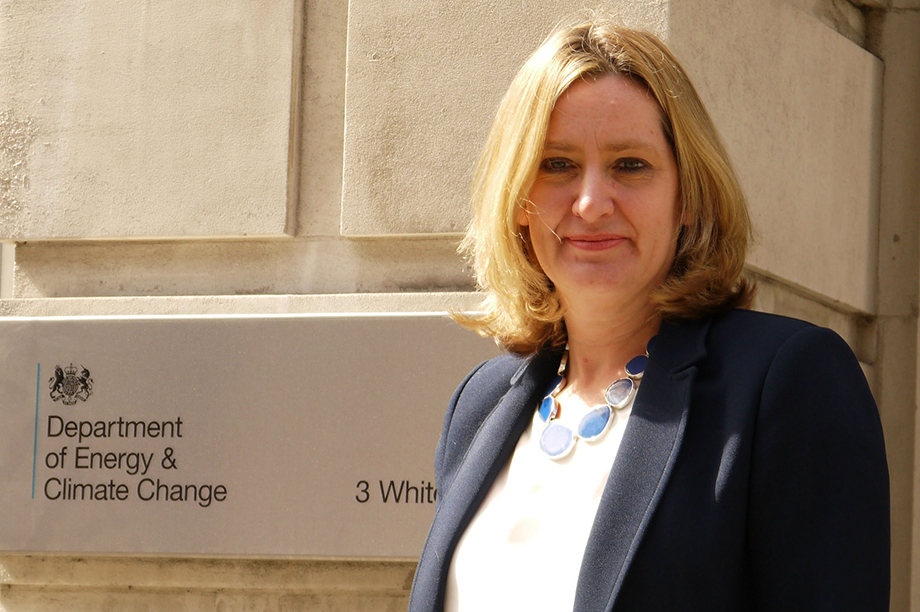The calls for budget and technology allocations to be finalised by the department of energy and climate change (Decc) one year before an auction, to "ensure that potential bidders are able to make informed decisions about whether to progress a project in advance of the auction," the report said.
The CMA conducted a review in to the UK's entire energy market, in a bid to encourage competition and lower costs for consumers.
It noted that areas of the CfD regulatory design gives adverse effects to competition. The CMA recommends Decc should "undertake and consult on an impact assessment before allocating technologies between 'pots' and the CfD budget to the different pots."
The CMA report is a provisional recommendation and the authority will now consult with interested parties on its suggestions before publishing a final report in June 2016.
Offshore wind developer RWE Innogy UK told “uåX˜äŠÊ˜·³Ç: "We support the CMA proposals relating to CfD, including the proposed clarification regarding lead-in times. Moving to a year will be helpful, particularly if there are annual auctions. This will enable developers to have knowledge of the budget for the next auction as well as the current one."
RWE Innogy is developing the 900MW Triton Knoll offshore project off the UK's east coast, it is currently being considered by planning authorities. It is also preparing to build the 336MW Galloper site, which wil be supported under the UK's outgoing Renewables Obligation (RO) subsidy.
In November, UK energy minister Amber Rudd committed to holding three further CfD auctions by 2020 for offshore projects, if the industry can demonstrate as-yet-undefined cost reduction conditions. An auction is expected before the end of 2016, but details about the budget and which technologies will be included has not been confirmed.
The first competitive CfD auction was awarded in February 2015, with two offshore projects and 15 onshore projects, totalling 1.9GW, being granted subsidy deals.
Onshore wind is set to miss out on the next auction, as the Conservative government fulfils its manifesto pledge to end support for onshore wind.
However, junior energy minister Andera Leadsom said in February the government was in discussions with the industry over so-called subsidy-free CfD deals that could benefit onshore projects.
If a wind project can be built at a lower cost than that of gas, meaning it receives less government support, then it could be classed as being "subsidy-free".
"We are calling it a market-stabilising CfD, and we are listening carefully to industry on how it can be delivered," Leadsom told MPs last month.

.png)


.png)










